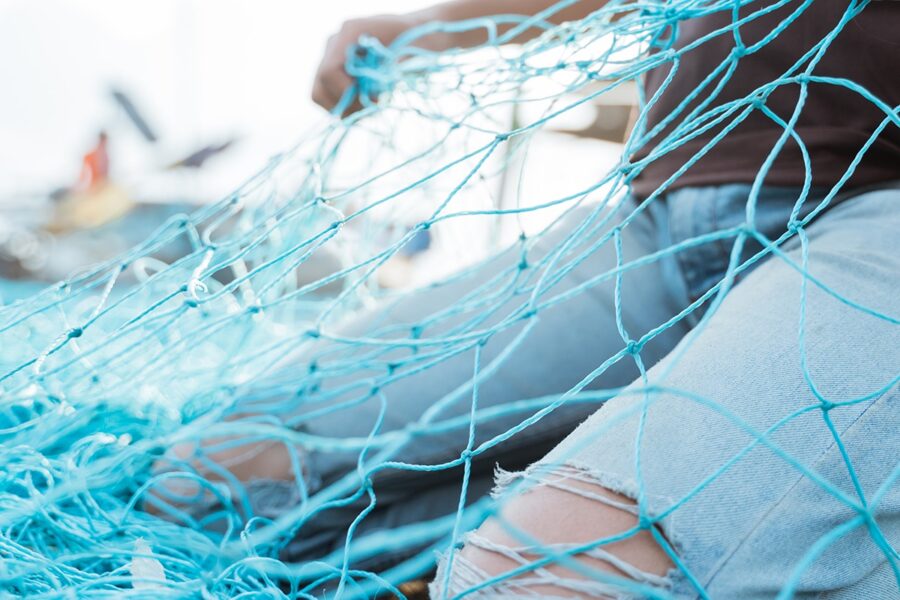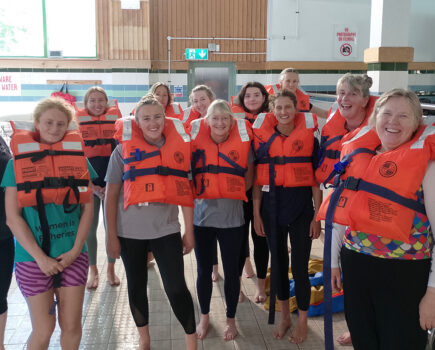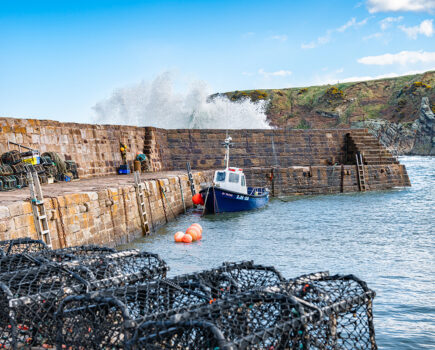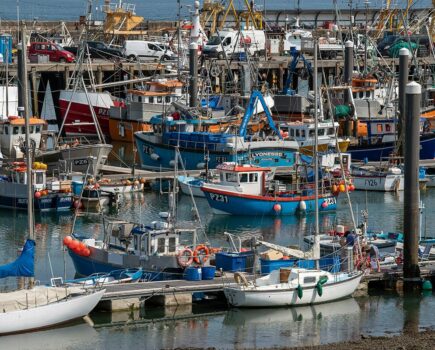The latest industry employment report from Seafish has highlighted major crewing issues and their potential impact on future business performance, reports Paul Scott.
With an incredible 55% of deckhands in the vessels surveyed being of non-UK origin, the majority from Ghana or the Philippines, the scope for bringing on a generation of young skippers continues to shrink.
The Seafish Employment in the UK Fishing Fleet report for 2021 revealed that 13% of respondents believed issues with recruiting crew would negatively affect their future performance.
One of the issues reported by respondents was the difficulty in getting local people into fishing, ‘especially if fishing was perceived as a low wage career’.
The report, which presents a snapshot of employment in the UK fishing fleet as of summer 2021, quotes the owner of a static-gear, under-10m vessel as saying: “It’s hard to attract crew for seasonal boats because of poor earnings.”
Another was reported as saying: “I’m looking to sell at least one of my boats due to a lack of crew.”
Meanwhile, 10% of the 372 respondents said that crewing issues had already affected business performance in the year prior to being surveyed.
Two fleet segments in particular reported the largest crewing concerns, with 25% of demersal under-10m trawler owners and 23% of Nephrops vessel owners surveyed reporting having already experienced negative impacts.
The report states that interviewees reported ‘difficulties in finding reliable and/or local crew, and financial struggles, meaning they couldn’t afford to pay an extra crew member’. Meanwhile, owners who employed foreign crew said that Covid-19 restrictions had made it difficult for workers to travel to and from the UK.
However, the report says that crewing concerns were not evenly spread among home nations and fleet segments.
Issues were reported to be a particular problem by owners of Northern Ireland- registered vessels, where 41% of respondents said that they expected to be negatively affected by crewing issues in the near future, with 27% reporting having already been negatively affected when surveyed.
Seafish researchers collected employment and demographic data on a sample of 268 vessels and 788 workers across the UK catching sector.
In addition to crewing concerns, the survey also revealed that the average age of employees sampled was 40, two years younger than those sampled in 2018. Deckhands were the youngest workers in the sample, with an average age of 34. The average age of vessel owners was 50, and of hired skippers, 43.
More than 80% of the skippers, and over 65% of the owners/skippers, were reported as holding a professional skipper qualification.
Of the 777 workers sampled, 99% were male, a similar figure to the 2018 sample. The largest proportion of female workers sampled, 21%, was among ‘other roles such as vessel owners and onshore workers’.
Meanwhile, 64% of workers sampled were from the UK, with most non-UK workers coming from the Philippines, Ghana and Latvia, and employed as deckhands.
Seafish says that all the data presented in the report ‘focuses solely on the sample collected during the survey’ and is based on the availability of people in ports and their willingness to participate.
It says that the sample is therefore ‘not random, and should not be extrapolated or used to represent a full picture of employment in the UK fishing fleet’.
This story was taken from the latest issue of Fishing News. For more up-to-date and in-depth reports on the UK and Irish commercial fishing sector, subscribe to Fishing News here or buy the latest single issue for just £3.30 here.








